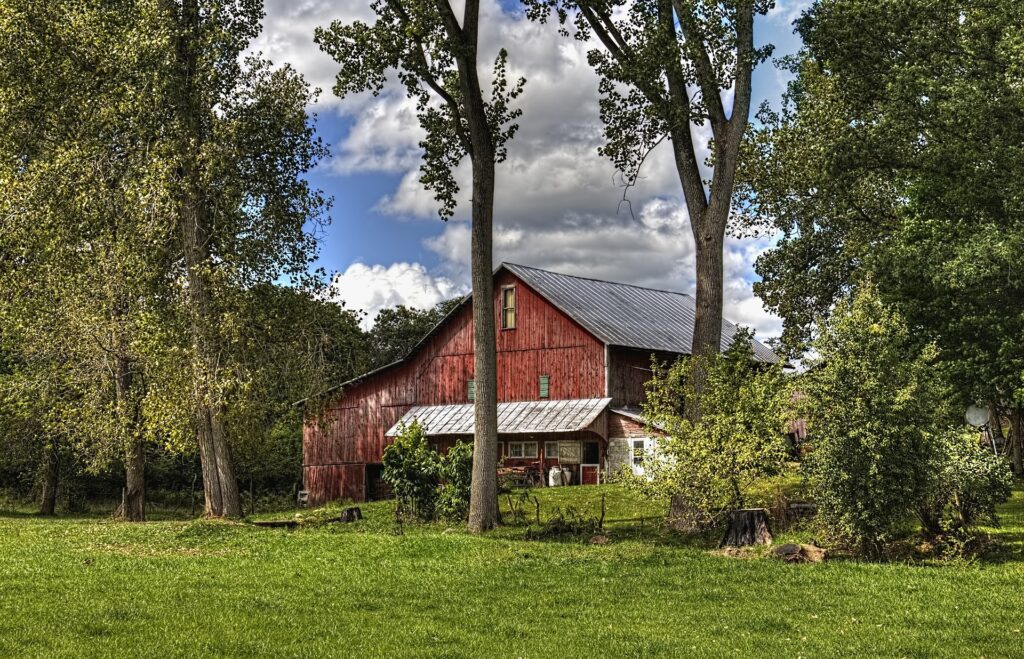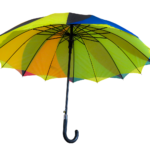
Trees, Storms and Your Home Insurance

Trees are a beautiful and essential part of our environment, but they can also pose a significant risk during storms. When strong winds and heavy rain hit, trees can fall and cause extensive damage to property and even result in injury or loss of life. What a lesson we learned in Kentucky early in March! This is why it is crucial for homeowners to understand how insurance policies cover damage caused by falling trees during storms.
Homeowners insurance typically covers damage to property caused by falling trees, including damage to homes, garages, fences, and sheds. However, it is important to note that insurance policies can differ, so homeowners should review their policies and speak with their insurance agent to ensure they have adequate coverage.
Here are some key factors to consider when it comes to insurance coverage for fallen trees during storms:
- Cause of the fallen tree: If a tree falls due to natural causes such as high winds or heavy rain, it is generally covered by homeowners insurance. However, if a tree falls due to neglect or lack of maintenance, such as diseased or rotting branches, the insurance company may deny coverage.
- Damage caused by the fallen tree: Homeowners insurance typically covers damage to property caused by a fallen tree, including damage to the structure of the house, as well as personal property such as cars, furniture, and other belongings.
- Clean-up and removal: Homeowners insurance typically covers the cost of removing fallen trees from your property, up to a certain limit. However, if the tree falls on a neighbor’s property, the neighbor’s insurance may be responsible for the removal costs.
- Additional living expenses: If your home is uninhabitable due to damage caused by a fallen tree, your homeowners insurance policy may cover additional living expenses, such as temporary lodging and meals.
- Deductibles: Homeowners should be aware of their insurance policy’s deductible, which is the amount the homeowner must pay out-of-pocket before the insurance coverage kicks in. Depending on the policy, the deductible may be a flat fee or a percentage of the total claim.

To prevent fallen trees during storms, homeowners can take steps such as regular tree maintenance, including pruning and removing diseased or damaged branches, as well as planting trees away from power lines and structures. It is also important to review your homeowners insurance policy regularly and ensure that you have adequate coverage for storm-related damage.
Click on the link to find out more information about trees and your home insurance policy from Erie Insurance.
https://www.erieinsurance.com/blog/tough-tree-questions









Comments
Comments are closed.